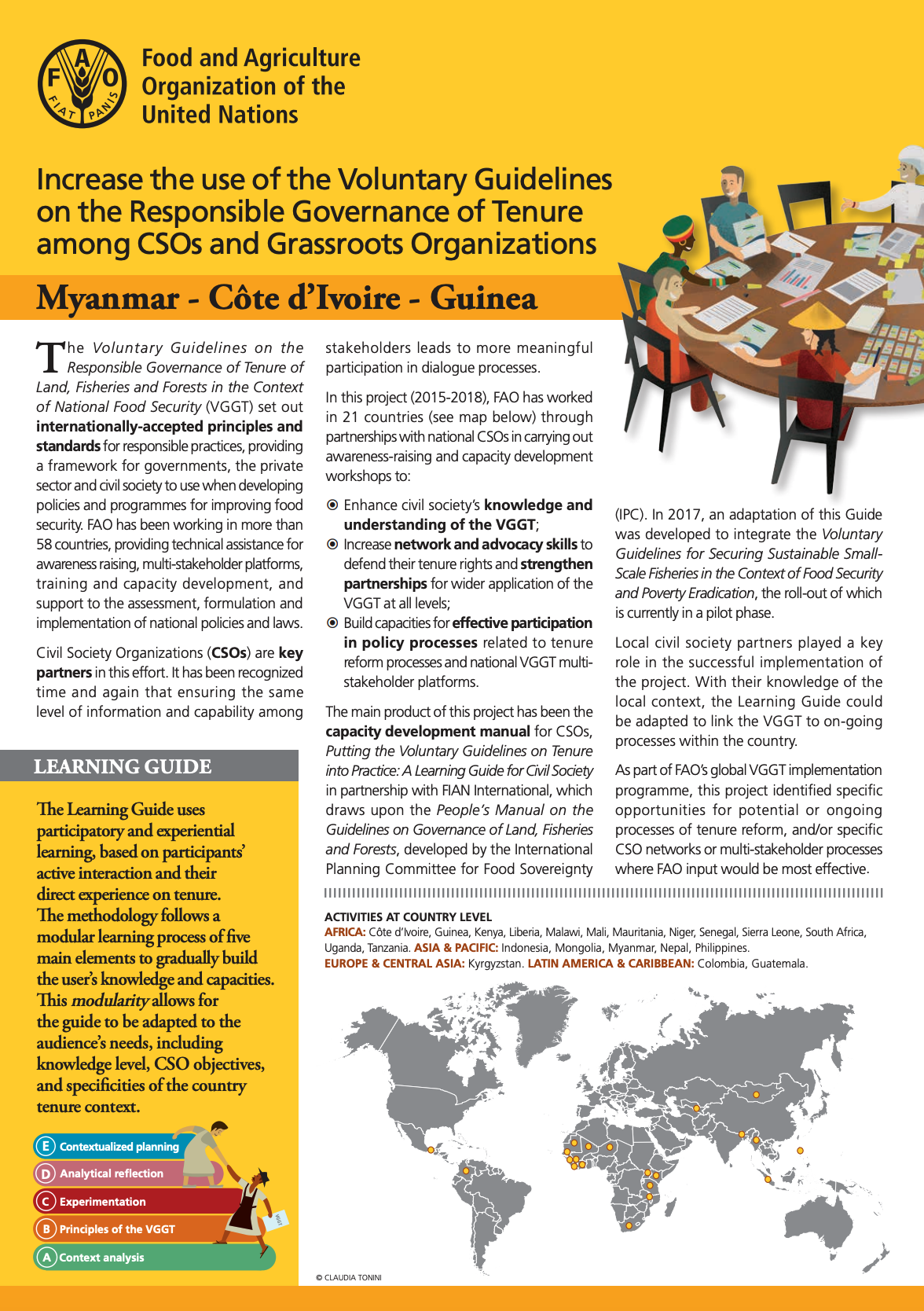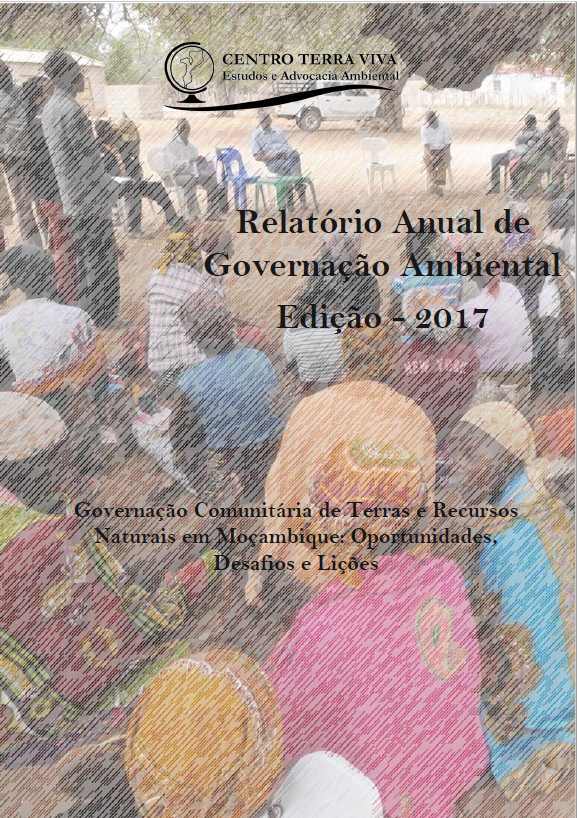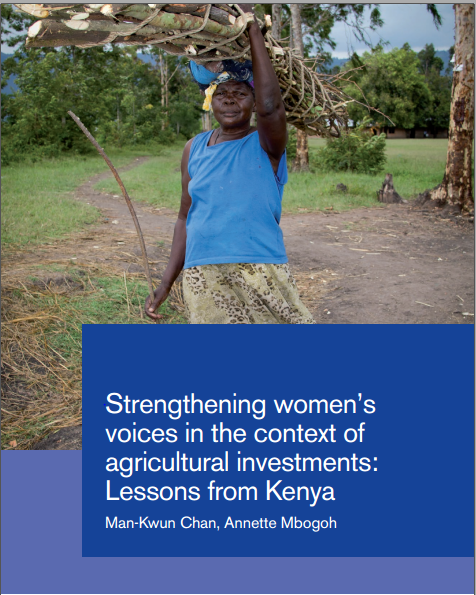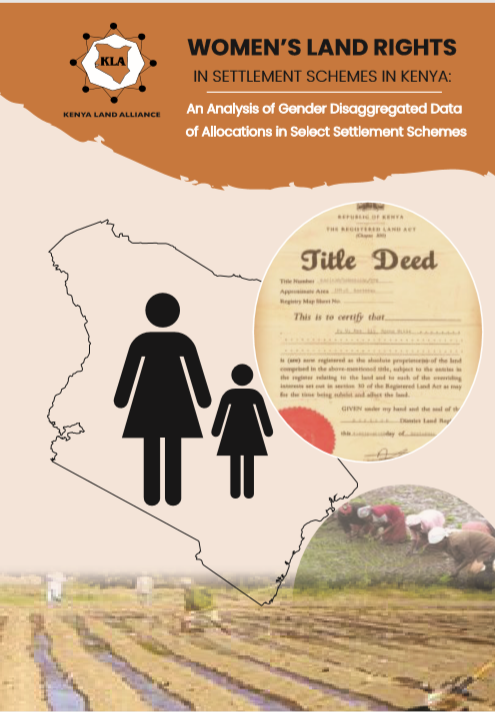Winning the water wars: toward a watershed-based approach to watershed resources management: a policy agenda for local government units
Water governance in the Philippines is saddled by several problems. The failure to implement laws governing the watershed approach and the absence of institutional mechanisms has seriously undermined any effort to mainstream and integrate water and watershed plans and programmes into the activities of various agencies involved in water resources management and governance.









